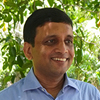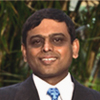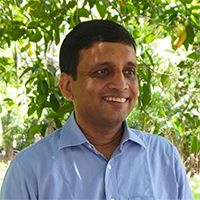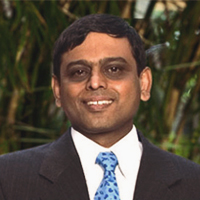Computational Thinking
The students will be introduced to a number of programming concepts using illustrative examples which will be solved almost entirely manually. The manual execution of each solution allows for close inspection of the concepts being discussed.


Course ID: BSCS1001
Course Credits: 4
Course Type: Foundational
Recommended Pre-requisites: None

